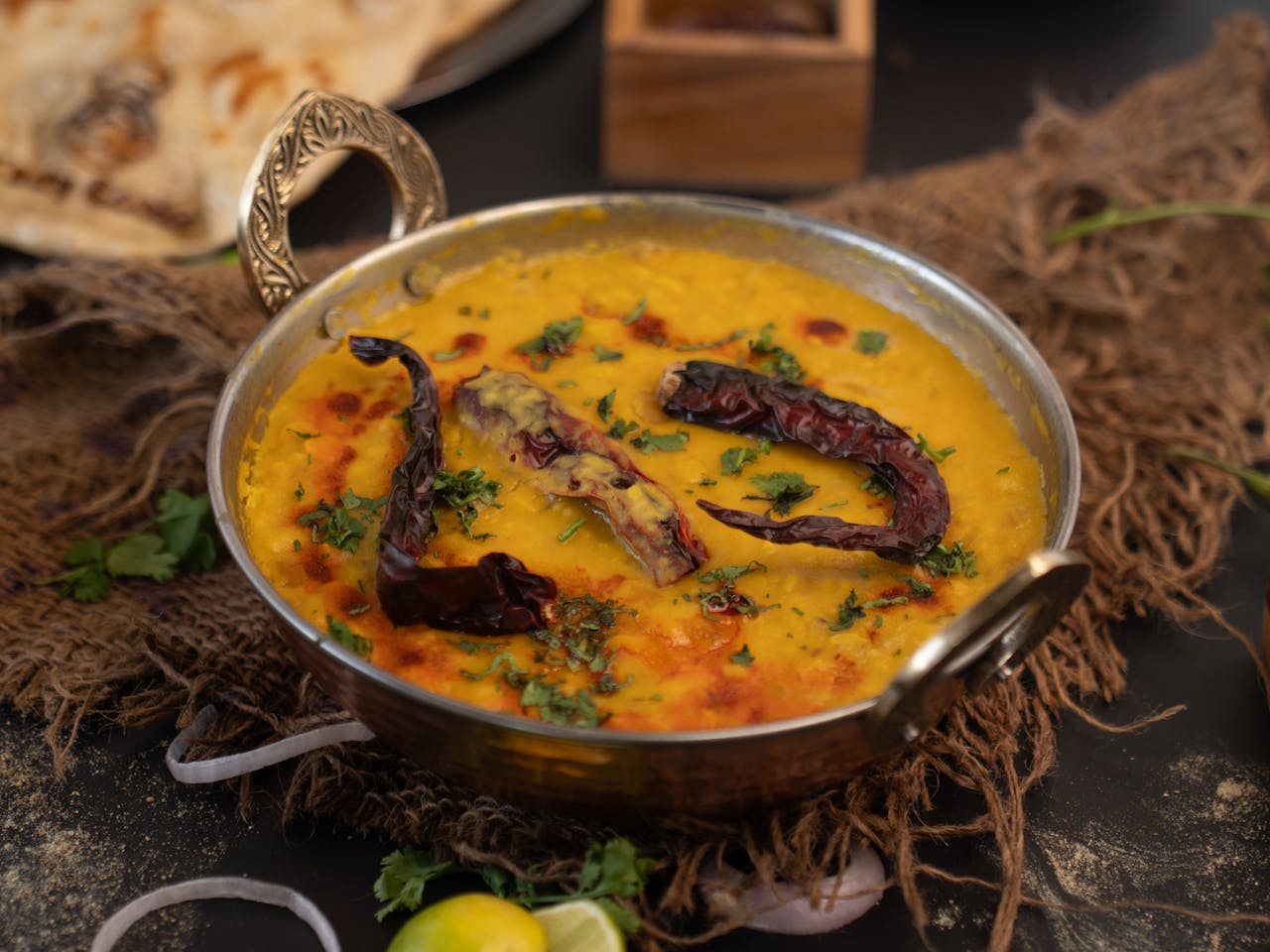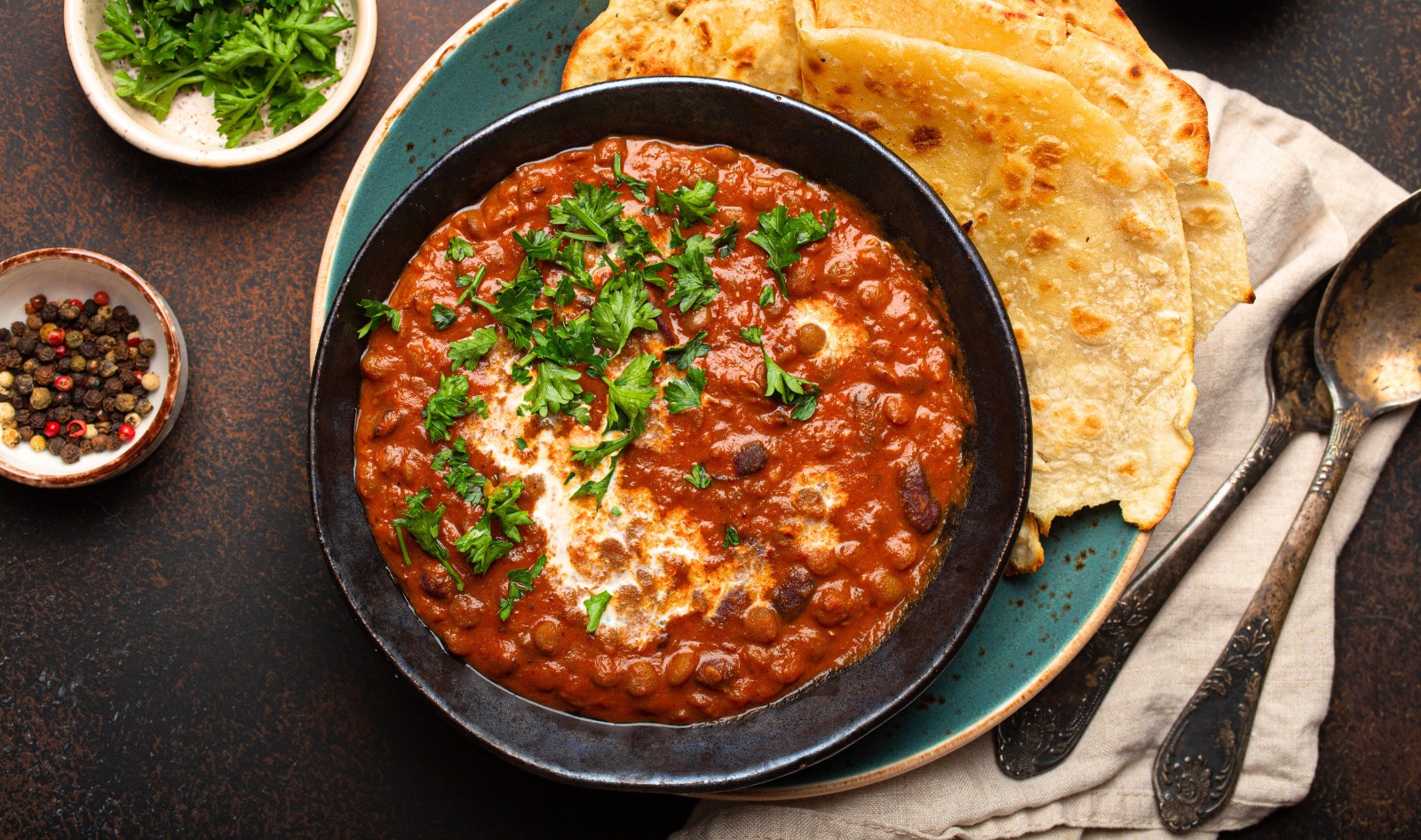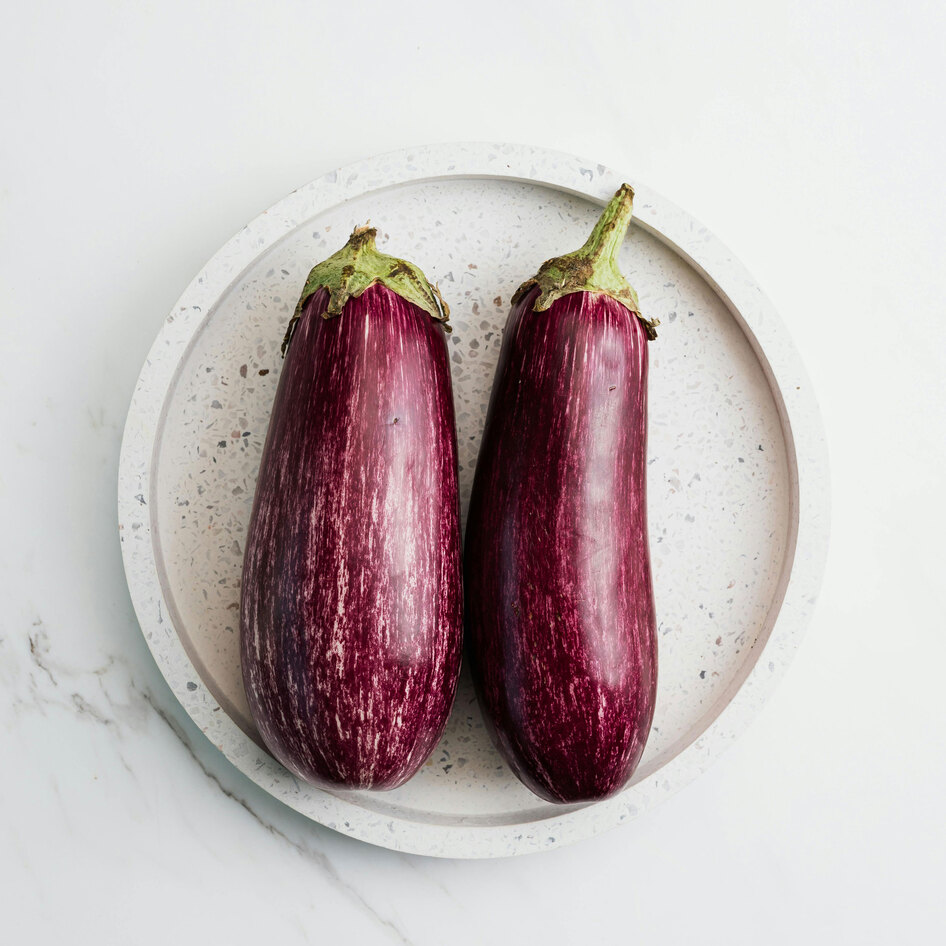Traditional Indian diets are far better for gut health than Westernized foods, according to a new study from the University of British Columbia.
Researchers compared dietary data and stool samples from more than 170 participants in India and Canada. The Canadian group included first-generation Indian immigrants, Indo-Canadians, Euro-Canadians, and European immigrants.
The study, published in Npj Biofilms and Microbiomes, found that people living in India had healthier gut microbiomes, largely thanks to high-fiber, plant-based diets. Indo-Canadians, however, showed fewer strains of beneficial bacteria, likely due to following a more Westernized diet.
 Pexels
Pexels
This dietary shift, the researchers noted, may help explain higher rates of inflammatory bowel disease among Indian immigrants to Canada.
“Our study shows that the gut doesn’t just adapt to where you live, it adapts to what you eat,” said senior author Deanna Gibson, PhD. “For Indo-Canadians, that means a microbiome caught between two worlds—traditional and Western—which may help explain why disease risk increases when you are born here in Canada, despite parents being from another continent.”
The difference between Indian and Western diets
Much like the highly praised Mediterranean diet, traditional Indian diets are rich in nutrient-dense, plant-based foods. Vegetables, legumes, fruits, and a wide variety of herbs and spices form the backbone of many dishes. Examples include aloo gobi, a spiced potato and cauliflower dish; dal, made with lentils, beans, or peas; chana masala, a chickpea curry; and pakoras, vegetable fritters made with chickpea flour.
 Pexels
Pexels
In contrast, the average Canadian gets nearly 50 percent of their calories from ultra-processed foods. As in other Western countries like the US and the UK, intake of red and processed meat is also high.
That said, India is also starting to shift toward higher ultra-processed food consumption. Earlier this year, the Household Consumption Expenditure Survey noted that households are spending more money on processed foods—about 10 percent of their food budgets.
BECOME A VEGNEWS VIP: Get exclusive product deals, freebies, and perks galore!
This trend could change, however. Recently, India cut taxes on a wide range of products, making healthy, whole foods like nuts, avocados, dates, figs, pineapples, and mushrooms much more affordable for the average consumer.
Gibson urges people in India to stick to traditional, plant-led diets as much as possible to reduce disease risk.
“The rapid development and industrialization of food systems in India will mean the adoption of Westernized guts and therefore disease risks like [inflammatory bowel disease (IBD)],” she explained. “Indeed, IBD is on a massive uptick over the past few years in India, and there’s no doubt it is related to the increased Westernization of Indian diets.”
For more plant-based stories like this, read:
JUMP TO ... Latest News | Recipes | Guides | Health | Subscribe









